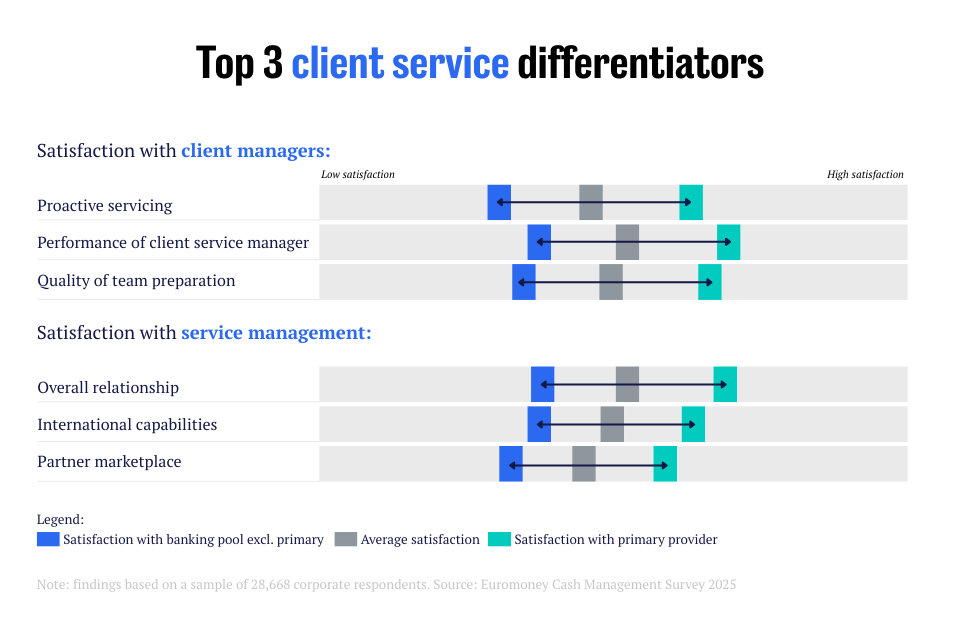The WTO’s latest Goods Trade Barometer, published in mid-November, makes for sobering reading. It notes that demand for traded goods is easing – illustrated by falling export orders – and that although cooling import demand could help ease port congestion, backlogs and delays are unlikely to be eliminated as long as container throughput remains at or near record levels.
Some of these problems are structural, particularly the amount of time it takes to unload cargo ships.
Access intelligence that drives action
To unlock this research, enter your email to log in or enquire about access





